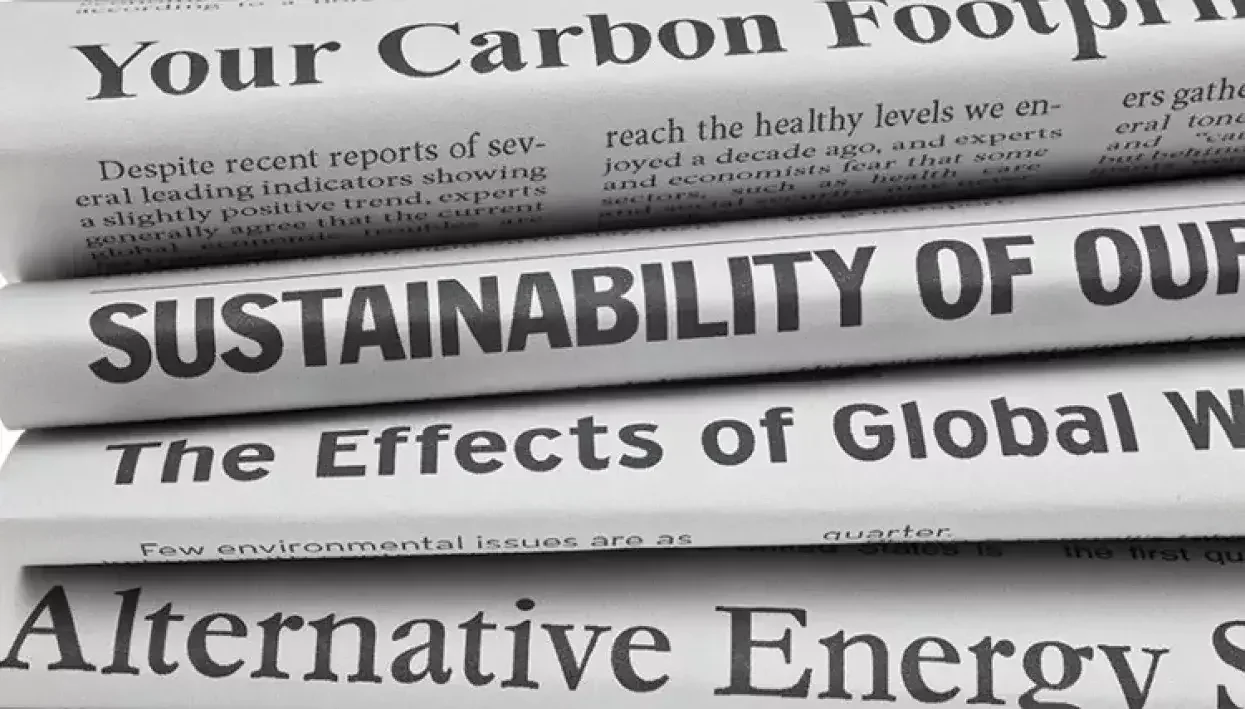Sustainability
Sustainability monitoring for print businesses
Author
FESPA Staff
Published Date
09/05/2018
Become a FESPA Member
to Continue Reading
